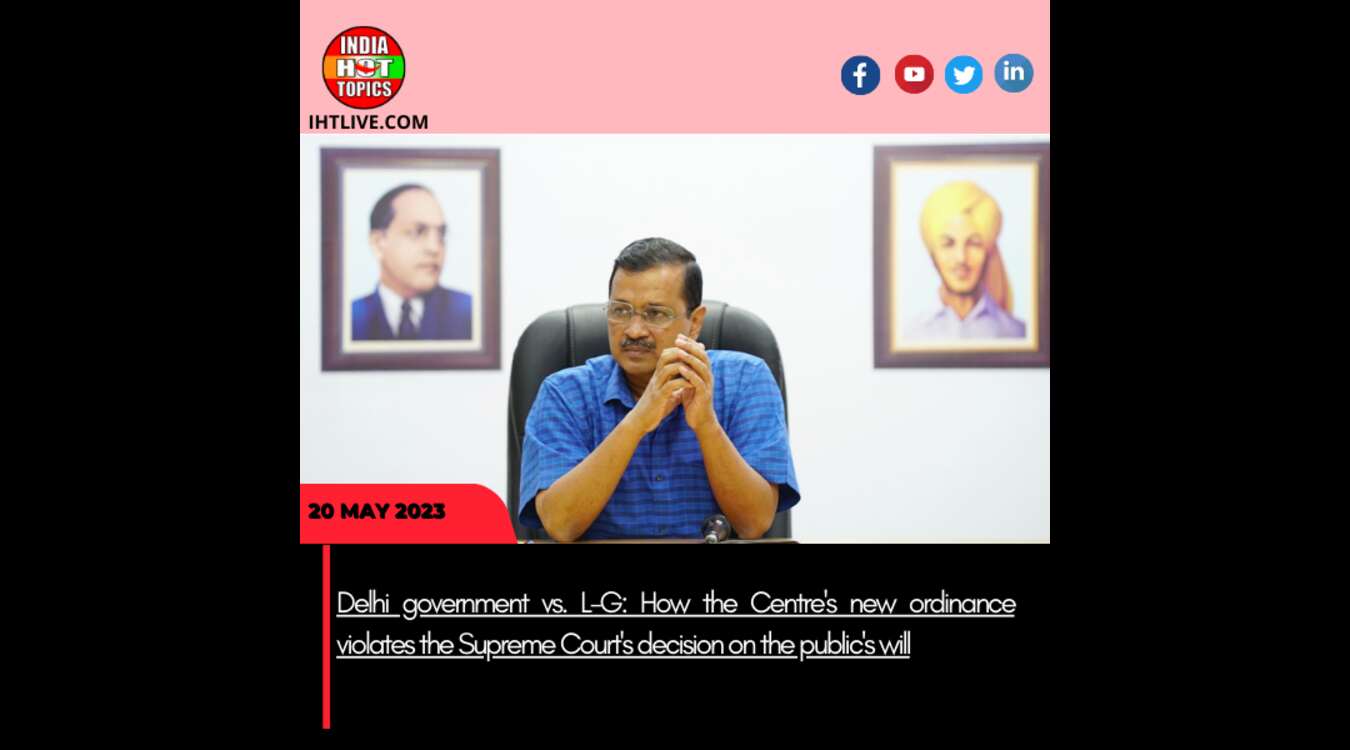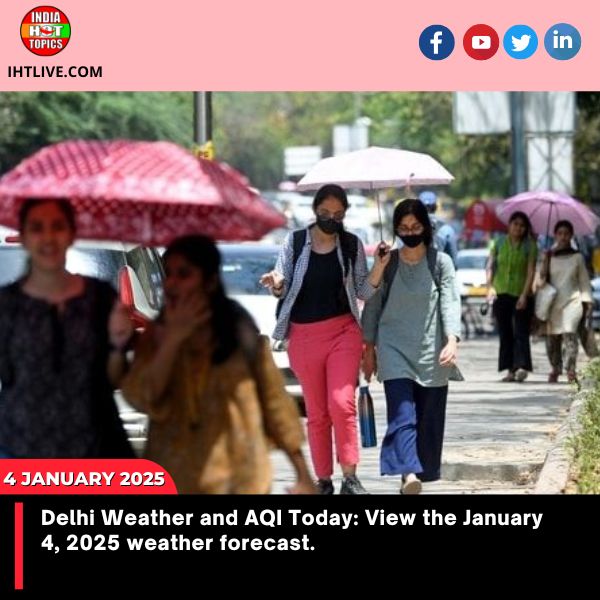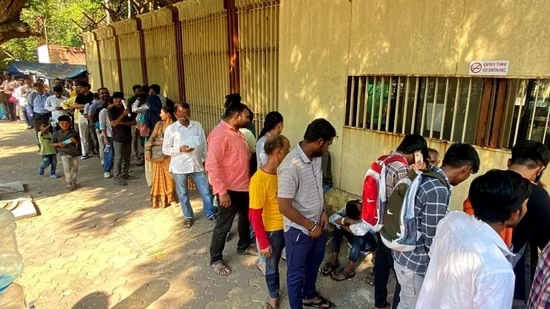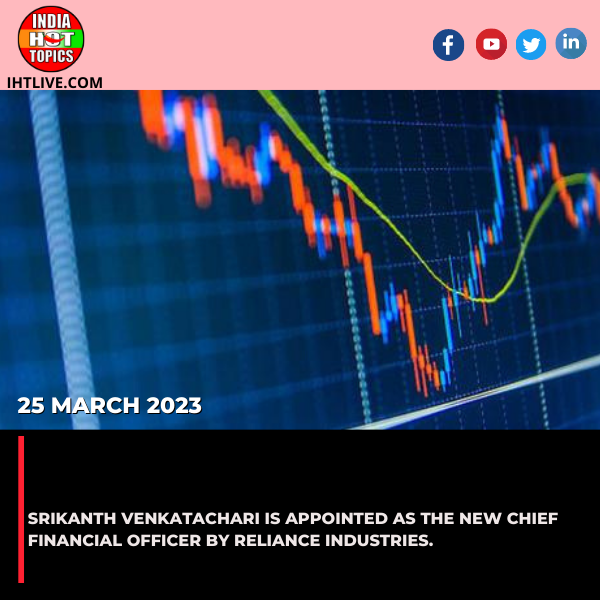DELHI
Delhi government vs. L-G: How the Centre’s new ordinance violates the Supreme Court’s decision on the public’s will

Title: Delhi Government vs. L-G: How the Centre’s New Ordinance Violates the Supreme Court’s Decision on the Public’s Will
Introduction: The ongoing power struggle between the Delhi government and the Lieutenant Governor (L-G) has taken a concerning turn with the Centre’s introduction of a new ordinance. This move has raised questions about the violation of the Supreme Court’s decision and its implications for the public’s will. Understanding the dynamics of this conflict is crucial for safeguarding the principles of democracy and upholding the rights of the citizens.
The Supreme Court’s Verdict: In 2018, the Supreme Court delivered a landmark verdict clarifying the powers and responsibilities of the Delhi government and the L-G. The court ruled that the elected government in Delhi holds the authority to make decisions on all matters within its jurisdiction, except those related to police, public order, and land. The verdict emphasized the significance of respecting the mandate of the elected representatives and ensuring the democratic functioning of the state.
The Centre’s New Ordinance: Despite the Supreme Court’s clear pronouncement, the Centre has recently introduced an ordinance that empowers the L-G with greater decision-making authority. This move has raised concerns about the violation of the court’s verdict and the undermining of the public’s will. The ordinance allows the L-G to exercise control over key administrative and legislative matters, potentially diluting the power of the elected government and disrupting the democratic process.
Violation of the Public’s Will: The Centre’s new ordinance undermines the essence of democracy by disregarding the public’s mandate. The people of Delhi voted for their elected representatives, entrusting them with the responsibility to make decisions in their best interest. By enhancing the powers of the L-G, the ordinance not only contradicts the Supreme Court’s verdict but also subverts the democratic principles of governance, eroding public trust and participation in the political process.
Implications for Governance: The Centre’s intervention through the ordinance has the potential to disrupt the functioning of the Delhi government and hinder its ability to implement policies and programs effectively. It creates ambiguity and confusion regarding the division of powers between the elected government and the L-G, leading to administrative gridlock and inefficiencies. This interference could hinder the progress and development of the state, ultimately impacting the well-being of its residents.
Protecting Democracy and the Public’s Will: To ensure the preservation of democratic principles, it is essential to respect the Supreme Court’s verdict and uphold the will of the people. The central and state governments must engage in constructive dialogue and find amicable solutions to address any concerns or conflicts that arise. Upholding the rule of law and maintaining the integrity of democratic institutions is paramount for the smooth functioning of governance and the protection of citizens’ rights.
Public Awareness and Engagement: The public plays a vital role in safeguarding democracy and holding elected representatives accountable. It is crucial for citizens to stay informed about the evolving situation and actively participate in the democratic process. By expressing their opinions, engaging in peaceful demonstrations, and supporting organizations working to protect democratic values, the public can contribute to shaping a more inclusive and responsive governance system.
Conclusion: The clash between the Delhi government and the L-G, exacerbated by the Centre’s new ordinance, poses a threat to the principles of democracy and the public’s will. The violation of the Supreme Court’s verdict undermines the authority of the elected government and disrupts the democratic process. To protect and strengthen democracy, it is imperative for all stakeholders to respect the Supreme Court’s decision, engage in constructive dialogue, and uphold the public’s mandate. Only through collective efforts can we ensure a democratic system that truly represents and serves the interests of the people.
General News Platform – https://ihtlive.com/
Entertainment News Platforms – anyflix.in
Construction Infrastructure and Mining News Platform – https://cimreviews.com/
Podcast Platforms – https://anyfm.in/
India
Rahul Gandhi’s comment about “fighting Indian state” is a jab at “mental stability” from the BJP.
.jpg)
During his speech, Rahul Gandhi said that the Congress was fighting the Indian state itself and not just the BJP or RSS’s ideology
Union minister Hardeep Singh Puri, finance minister Nirmala Sitharaman and other Bharatiya Janata Party (BJP) leaders sharply reacted to Congress MP Rahul Gandhi’s comments on the RSS and BJP during an inaugural speech for the new headquarter of the party in Delhi.
Speaking to reporters, Hardeep Singh Puri remarked that Rahul Gandhi should “get his mental stability checked” in response to the latter’s comments at the new ‘Indira Gandhi Bhawan’.
During his speech, Rahul Gandhi attacked RSS leader Mohan Bhagwat, who had earlier stated that India’s independence should be celebrated on the day of the Ram temple consecration and not on August 15.
He stated that the comments made by Bhagwat were treasonous and said that the Congress was fighting the Indian state itself and not just the BJP or RSS’s ideology, which had proven harmful to democracy.
Union health minister JP Nadda also expressed his anger at Gandhi’s claims and said in a post on X, “Hidden no more, Congress’ ugly truth now stands exposed by their own leader. I ‘compliment’ Mr. Rahul Gandhi for saying clearly what the nation knows- that he is fighting the Indian state!”
He alleged that Rahul Gandhi had ties to urban naxals and the deep state through which he was trying to sow division and discredit India.
Finance minister Nirmala Sitharaman also questioned Gandhi, who is the Leader of Opposition in the Lok Sabha, saying, “The LoP, who was sworn in by taking oath on the Constitution, is now saying, “We are now fighting the BJP, the RSS and the Indian State itself. So what for are you carrying a copy of the constitution in your hand?”
BJP’s IT cell chief Amit Malviya also took to X sharing a clip of Rahul Gandhi’s speech and said, Rahul Gandhi has now declared an open war against the Indian State itself. This is straight out of George Soros’s playbook.”
Rahul Gandhi’s speech
“The people in power today don’t salute the tricolour, don’t believe in the national flag or the constitution, and have a vastly different vision for India. They want India to be controlled by a secretive society, run by one person, and crush the voices of our nation,” Gandhi said during his speech.
He also emphasized that the Congress party was the only alternative to the BJP-led central government.
“The people in this room are facing systematic attack and assault on their lives because they are in the Congress party, and they are not surrendering to the BJP and the RSS,” he added.
Group Media Publications
Entertainment News Platforms – anyflix.in
Construction Infrastructure and Mining News Platform – https://cimreviews.com/
General News Platform – https://ihtlive.com/
India
Delhi Weather and AQI Today: View the January 4, 2025 weather forecast.

Check the weather forecast and air quality updates for Delhi on January 4, 2025 here.
The temperature in Delhi today, on January 4, 2025, is 20.05 °C. The day’s forecast indicates a minimum and maximum temperature of 10.05 °C and 25.93 °C, respectively. The relative humidity is 36% and the wind speed is 36 km/h. The sun rose at 07:14 AM and will set at 05:37 PM.
Tomorrow, on Sunday, January 5, 2025, Delhi is predicted to experience a minimum and maximum temperature of 16.77 °C and 25.44 °C, respectively. Tomorrow humidity levels will be at 31%.
Today’s forecast promises the sky to be clouds. Please plan your day according to the temperature and predicted weather conditions. Enjoy the sunshine and don’t forget your sunscreen and sunglasses as you soak up the weather.
Weather and AQI predictions in Delhi for next 7 days:
| Date | Temperature (°C) | Sky |
|---|---|---|
| January 5, 2025 | 20.05 | Few clouds |
| January 6, 2025 | 22.62 | Scattered clouds |
| January 7, 2025 | 21.02 | Light rain |
| January 8, 2025 | 20.95 | Sky is clear |
| January 9, 2025 | 18.75 | Sky is clear |
| January 10, 2025 | 19.97 | Few clouds |
| January 11, 2025 | 20.63 | Sky is clear |
Weather in other cities on January 4, 2025
| City | Temperature (°C) | Sky |
|---|---|---|
| Mumbai | 25.86 °C | Scattered clouds |
| Kolkata | 19.06 °C | Scattered clouds |
| Chennai | 25.36 °C | Broken clouds |
| Bengaluru | 21.53 °C | Few clouds |
| Hyderabad | 24.52 °C | Scattered clouds |
| Ahmedabad | 25.32 °C | Sky is clear |
| Delhi | 20.05 °C | Few clouds |
Group Media Publications
Entertainment News Platforms – anyflix.in
Construction Infrastructure and Mining News Platform – https://cimreviews.com/
General News Platform – https://ihtlive.com/
India
Today, PM Narendra Modi will officially launch the Grameen Bharat Mahotsav in Delhi.

The Mahotsav, which will be held on the theme ‘Building a Resilient Rural India for Viksit Bharat 2047,’ will celebrate rural India’s entrepreneurial spirit.
Prime Minister Narendra Modi will inaugurate Grameen Bharat Mahotsav 2025 on Saturday morning at Bharat Mandapam in Delhi. He will also address the gathering on the occasion.
Celebrating Rural India’s entrepreneurial spirit and cultural heritage, the Mahotsav will be held from 4 to 9 January with the theme ‘Building a Resilient Rural India for a Viksit Bharat 2047’.
The Mahotsav, through various discussions, workshops and masterclasses, aims to enhance rural infrastructure, create self-reliant economies, and foster innovation within rural communities.
National Bank for Agriculture and Rural Development, under the aegis of Department of Financial Services, is organizing this mega conclave cum exhibition.
Its objectives include promoting economic stability and financial security among rural populations, with a special focus on North-East India, by addressing financial inclusion and supporting sustainable agricultural practices.
A significant focus of the Mahotsav will be to empower rural women through entrepreneurship; bring together government officials, thought leaders, rural entrepreneurs, artisans and stakeholders from diverse sectors to build a roadmap for collaborative and collective rural transformation; encourage discussions around leveraging technology and innovative practices to enhance rural livelihoods; and showcase India’s rich cultural heritage through vibrant performances and exhibitions.
On Friday, Prime Minister Narendra Modi inaugurated the 1,675 newly constructed flats for the dwellers of JJ clusters and also handed over keys to eligible beneficiaries at Swabhiman Apartments in Ashok Vihar, Delhi. Ahead of the inauguration, PM Modi also inspected newly constructed flats for the dwellers of Jhuggi Jhopri (JJ) clusters under the In-Situ Slum Rehabilitation Project.
The objective of the project is to provide the residents of the JJ clusters in Delhi with a better and healthier living environment equipped with proper amenities and facilities, a press release had said.
For every ₹25 lakh spent on the construction of a flat by the government, eligible beneficiaries pay less than 7 per cent of the total amount, comprising ₹1.42 lakh as a nominal contribution and ₹30,000 for five years of maintenance.
PM Narendra Modi also virtually inaugurated two urban redevelopment projects – the World Trade Centre at Nauroji Nagar and GPRA Type-II Quarters at Sarojini Nagar, CBSE’s Integrated Office Complex at Dwarka and also laid the foundation stone of Veer Savarkar College at Roshanpura, Najafgarh.
Group Media Publications
Entertainment News Platforms – anyflix.in
Construction Infrastructure and Mining News Platform – https://cimreviews.com/
General News Platform – https://ihtlive.com/
-
Tech4 months ago
Best Zebronics Bluetooth speakers you can buy today for an unmatched audio experience
-

 India2 years ago
India2 years agoNew Season 8 The Walking Dead trailer flashes forward in time
-

 India2 years ago
India2 years agoThe afternoon briefing revealed that 97.26% of the ₹2000 notes were returned, and the Israeli Prime Minister committed to war goals.
-

 World12 months ago
World12 months agoMichigan splash pad attack: A couple was shot seven times in total while defending their two small daughters.
-

 India2 years ago
India2 years agoSrikanth Venkatachari is appointed as the new chief financial officer by Reliance Industries.
-

 India2 years ago
India2 years agoPM Modi’s Three-Nation Tour Begins with a Traditional Welcome in Papua New Guinea
-

 Special 365 days2 years ago
Special 365 days2 years agoFlag Day of India
-

 India8 years ago
India8 years agoThe 9 worst mistakes you can ever make at work









.jpg)
.jpg)
%20(1).jpg)